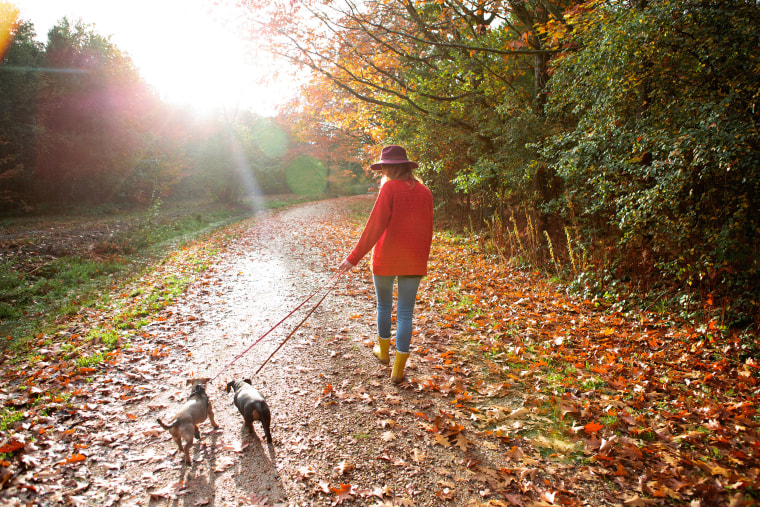The next time your dog-owner pal compares their dog to a child, try not to scoff or be too offended — to them, it’s true.
Some people really do prefer their dogs to other people and according a recent study published in Society and Animals, here’s one reason why: people feel more empathy toward dogs than each other.
Study participants were shown fake news clips with the exact same story of a brutal attack, except the victims were alternately a puppy, a 6-year old dog, a one-year old baby and a 30-year old person. Then they were asked questions that measured how much empathy they felt for each victim. Their findings? The younger and more vulnerable the victim (meaning puppies and small children), the more empathy they felt, meaning the adult human came in last.
Why? In their report, the scientists hypothesized that dogs, young or adult, have many of the same qualities associated with human babies, mainly vulnerability.
”As with a ‘blaming the victim’ situation, respondents might view adults as responsible for and capable of removing themselves from the abusive situation; we expect the adult to walk away, as we would think we would do if in such a situation. With a young child or a dog, respondents might see them as unable to leave a harmful situation,” the study reads.
Makes perfect sense. Another possible reason people seem to like dogs more than other people stems from a study published in Scientific Reports about the bond between man and (domesticated) beast because of their ability to communicate with facial expressions.
Once upon a time, it was assumed that a dog’s facial expressions were reflexive. But researchers recorded the facial movements of 24 dogs as they responded to a human either facing them or turned away, with or without a treat. The dogs seemed to be using their cute little faces to try and communicate with the humans, regardless of the treat.
Another interesting aspect of their behavior: The dogs also were told not to take a piece of food, but stole it more often when the human’s eyes were closed than when the human was watching, implying they fear disapproval. This likely explains why your dog is more likely to get up to no good when you aren’t around.
So people feel close to dogs because they feel empathy and can build a genuine connection with their four-legged furry creatures because they can communicate so much without words.
When asked why we can feel more for dogs than for other people, Scott Wilson, a clinical psychologist and adjunct assistant professor in the Department of Counseling and Clinical Psychology at Teachers College Columbia University says whether we feel more empathy for animals or people all has everything to do with our relative perceptions of them.
“We can only feel empathy when we can imagine another’s internal state, and there are many reasons why we might or might not be able to do that,” he says. For example, it’s easier to feel empathy for a cute fluffy puppy than for a huge dog with their fangs bared.
He adds that people who find it challenging to communicate with others might prefer the company dogs to people because it’s easier to imagine the “internal state” — or emotional mindset — of an animal than how another person might be thinking or feeling.
Whatever comes of this knowledge, here’s hoping we grown people figure out how to find a way to respect each other’s vulnerabilities — and thus have more empathy toward each other.
Want more tips like these? NBC News BETTER is obsessed with finding easier, healthier and smarter ways to live. Sign up for our newsletter and follow us on Facebook, Twitter and Instagram.


